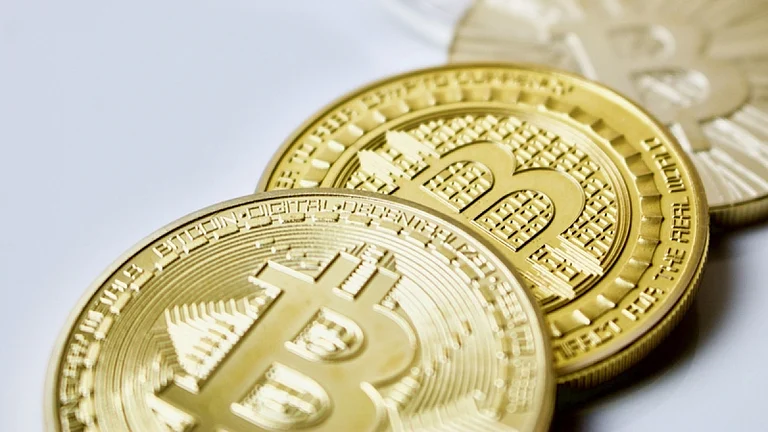The US President Donald Trump's Digital Assets Working Group published its long-awaited crypto report with policy suggestions for crypto regulation in US, such as crypto market structure, jurisdictional control, banking rules, encouraging US dollar supremacy via stablecoins and taxation of cryptocurrencies.
Cointelegraph reported that creating a taxonomy of digital assets by precisely establishing what cryptos are securities and what are commodities was the initial problem set forth in the report, issued on Wednesday, July 30, 2025.
On the basis of suggestions contained in the document, jurisdictional supervision of digital assets should be divided between the Commodity Futures Trading Commission (CFTC) and the Securities and Exchange Commission (SEC), with the CFTC possessing supervision of spot crypto markets.
The working group suggested that the SEC and CFTC coordinate on crypto regulation. The report authors said a well-delineated crypto market structure would establish the US as a world leader in digital assets. This group also suggested that bank regulators simplify the process to obtain a bank charter and make the process clearer.
Bolivia Refers To Crypto As 'Reliable Alternative' To Fiat in El Salvador Pact
Bolivia's leading bank referred to crypto as a "viable and reliable alternative" to fiat money while inking a memorandum of understanding with El Salvador to spur crypto adoption.
The deal, which will have the two nations work together on policy-making and exchange cryptographic intelligence tools, will look to upgrade Bolivia's financial system and enhance financial inclusion for small businesspeople and families, according to a letter issued by the Central Bank of Bolivia on Wednesday.
Bolivia's association with El Salvador is significant because El Salvador was the first to legalise Bitcoin as legal tender, and might gain useful experience on economic or regulatory issues that could afflict Bolivia.
The agreement, signed by Central Bank of Bolivia Acting President Edwin Rojas Ulo and El Salvador National Commission of Digital Assets (CNAD) President Juan Carlos Reyes García, comes into effect immediately and for an indefinite duration.
It contributes substantial momentum to Bolivia's pro-crypto turnaround, which started in June of 2024 when Bolivia lifted its long-standing crypto ban and permitted banks to allow Bitcoin and stablecoin transactions.
Phoenix Group Unveils $150M Crypto Treasury For BTC, SOL
Phoenix Group, a bitcoin miner, rolled out a $150 million strategic cryptocurrency reserve as the very first listed company in Abu Dhabi to set up a digital asset fund. Phoenix Group revealed that it has set up its digital asset treasury worth $150 million, which consisted of 514 Bitcoin and 630,000 Solana tokens as the miner's "long-term reserve."
The move made Phoenix Group the first Abu Dhabi Securities Exchange (ADX)-listed company to launch a strategic cryptocurrency reserve, according to a Thursday announcement released to Cointelegraph.
Phoenix group was among the first most-traded and best-performing stocks on the ADX during the second quarter of 2025, following its share price increase by ovr 72 per cent within April and June.
Especially, listed Bitcoin mining company BitMine Immersion technologies emerged to be the largest Ether treasury company after revealing intentions to buy up to 5 per cent of Ether supply.
Phoenix Group accounted for revenue of $29 million and a cumulative 336 BTC mined in its worldwide operations, of which 214 BTC came from self-mining, in the second quarter of 2025.
That is 51 per cent down from the first quarter when Phoenix Group mined a total of 689 BTC.
However, the miner has experienced a 219 per cent increase in self-mining Bitcoin revenue in two years, from $13 million in the first half of 2023 to more than $41.7 million in the first half of 2025, with a 31 per cent gross profitability margin on self-mining and an energy cost reduction of 14 per cent.
Phoenix Group also reported $16 million of debt and a non-cash loss of $29 million, "as a result of revaluations in its digital asset portfolio and a one-off depreciation adjustment under updated accounting standards."










